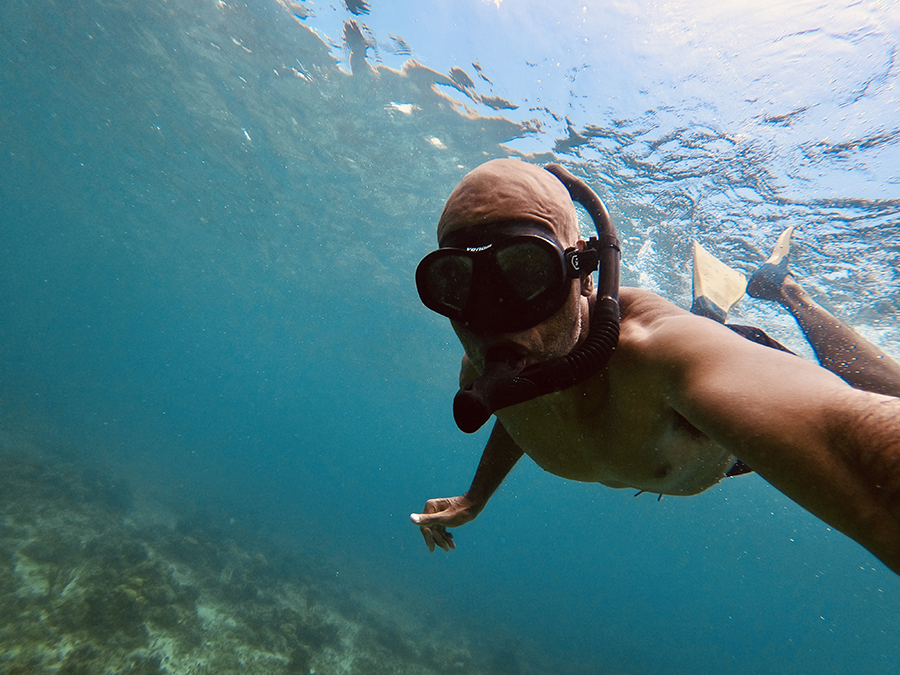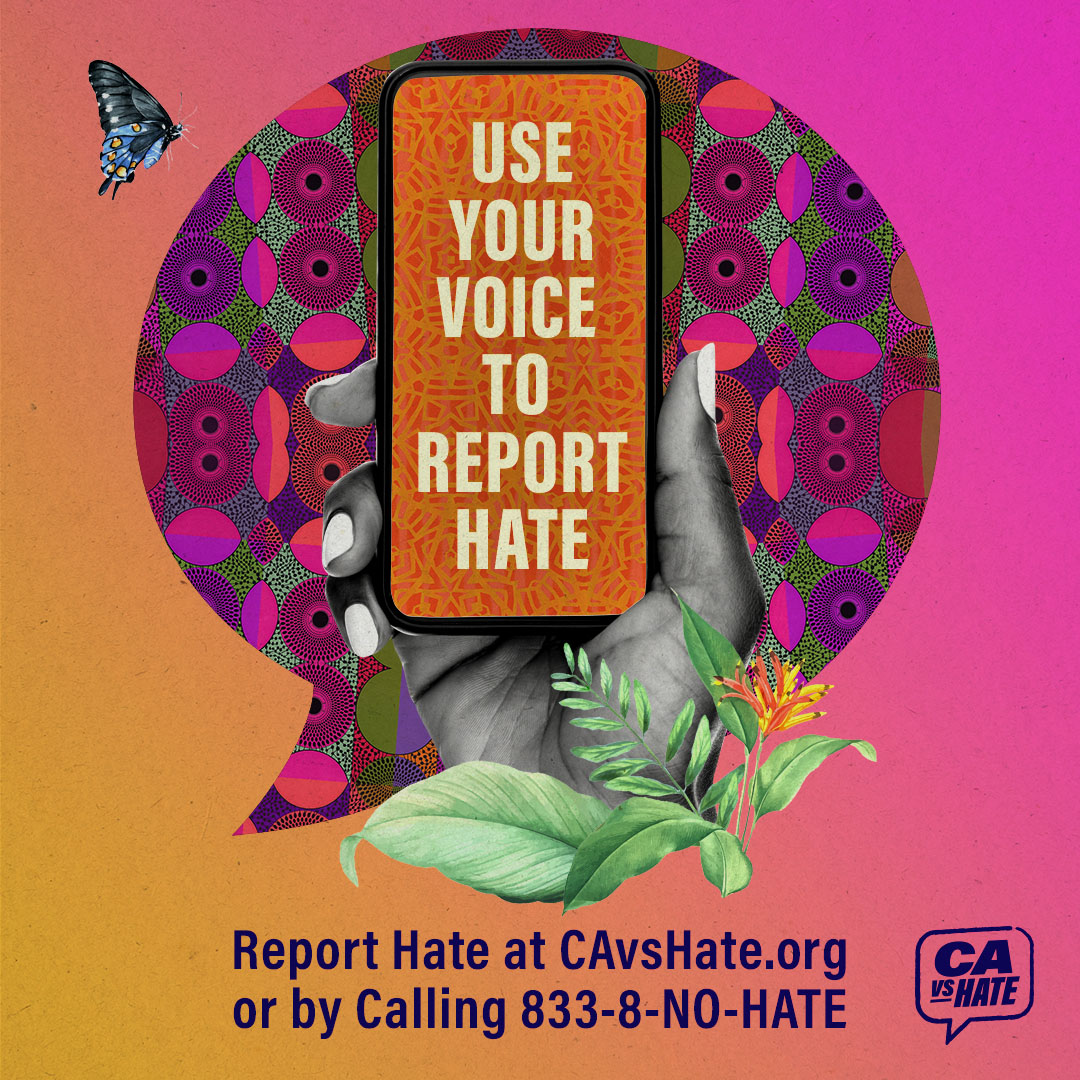A trip to Negril, Jamaica led to an emotional experience in the Caribbean Sea.
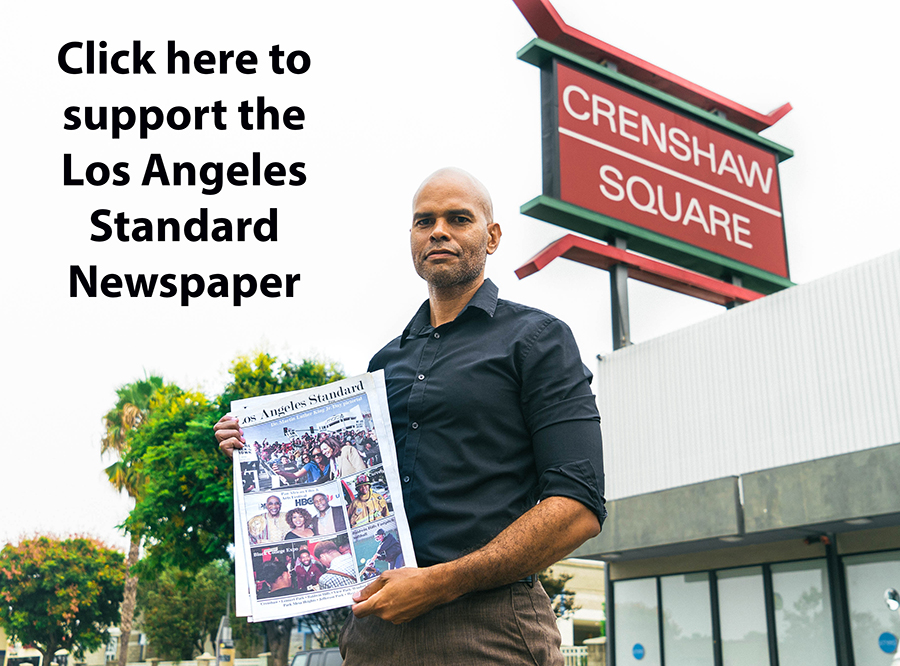
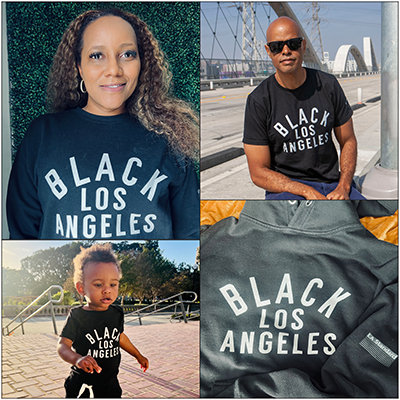
By Jason Lewis
Over the last year or so I’ve taken up aquatic activities as a part of my health and fitness program. I’ve known how to swim since I was a child, but I wouldn’t consider myself a good swimmer. I bought a wetsuit and took surfing lessons with the Black Surfers Collective in Santa Monica. I came across some free-diving videos on YouTube and Instagram, so I started swimming weekly at the new state-of-the-art swimming pools at Van Ness Recreation Center and at the Michelle and Barack Obama Sports Complex (formerly Rancho Cienega Sports Complex) in South Los Angeles.
While on a recent trip to Jamaica, where my mother is from, I could not wait to go on a snorkeling excursion so that I could put whatever swimming abilities that I had gained over the last year to the test. I booked the snorkeling excursion with Captain Jace Allen Glass Bottom Boat Tours Negril, which picked up my wife, toddler, and I along Seven Mile Beach. Our tour guide for the snorkeling was Captain Jace’s brother Raheem, who goes by Tippy. Luckily for us, Tippy is a Jamaican deep-sea fisherman who dove to the floor of the sea several times to show us seashells, starfish, and other creatures and objects that are unique to the Caribbean Sea.
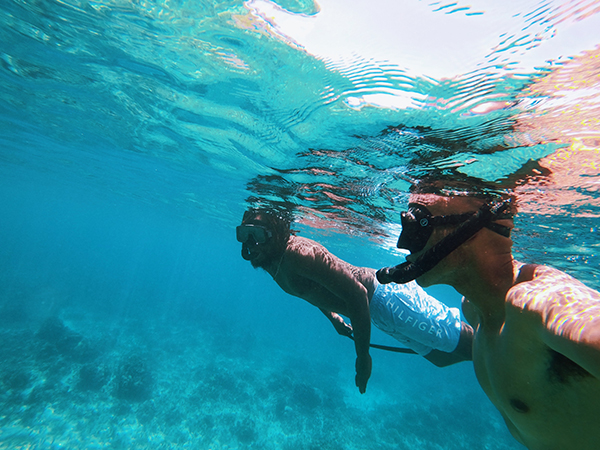
After we finished snorkeling we were hanging out on the boat, and Tippy said that he’s dove 90 meters into the sea on one breath, and that when he fishes, he typically dives down 50 or more meters. This is without breathing equipment. Then Tippy said something that really brought out some emotions in me.
“Swimming is in our blood,” he said.
That really struck a chord with me because of an article that I wrote for the May edition of the Los Angeles Standard Newspaper. The article was titled “Black surfers are recapturing a stolen legacy” and it was based on the documentary by local filmmaker David Mesfin titled “Wade in the Water: A Journey into Black Surfing and Aquatic Culture.” The documentary explores the history of Black surfing from Africa to the United States, and Mesfin said that the history of Black people surfing on the west coast of Africa goes back 1,000 years. He said that the first written account of surfing in African was in 1640.
Mesfin went on to discuss how the slave owners utilized the enslaved Africans in the Caribbean.
“Through the Middle Passage as Africans came into the Americas, there are stories in the Caribbean where the slavers found out that the Africans were great divers, and that they could hold their breath for a long time,” he said. “One of the things that they discovered was that they could use them to dive and retrieve sunken gold from the Spaniards. The only people who could retrieve it were the Africans. In current day, all of that gold could amount to trillions of dollars.”
In the article Mesfin went on to discuss how African Americans were restricted from swimming pools and harassed at beaches as they tried to take up surfing. This is why many African Americans cannot swim today. It was because of a lack of access to aquatic facilities and racism along the beaches.
In another article that I wrote for the August edition of the Los Angeles Standard Newspaper titled, “Black California Dreamin’ at CAAM,” the story focused on local historian and author Alison Rose Jefferson’s exhibit at the California African American Museum. The exhibit is based on her book ‘Living the California Dream: African American Leisure Sites during the Jim Crow Era.’”
Alison spoke about how Black people in Southern California fought and won access to public pools, and the difficulties of going to the beach.
“The beaches weren’t segregated; not in the formal sense of the word,” she said. “We had laws in California that said that the beaches were a public resource and was open to everybody. Now sometimes those laws were not enforced, and sometimes people did try to use subterfuge measures to say that it was private beach. That happened in Manhattan Beach at one point. But you could use the beach wherever you wanted to. Now whether you wanted to was another story because you might be harassed. So it has to do with how secure you felt as an individual and with what your rights were. And also, do you have backup? Because it might be one day at the beach and you know your rights, but it’s a bunch of White boys with some clubs and a gun. So what are you going to do?”
It was interesting that as I was enjoying a Jamaican vacation, one sentence while just hanging out on a boat could bring out so many emotions. My wife and I greatly enjoyed our time hanging out with Tippy for a couple hours. Captain Jace Allen treated us like family, and the experience reinforced my desire to improve my aquatic abilities, because it’s in my blood.
If you’re taking a trip to Negril, visit Captain Jace Allen on Facebook or search for him on Google. For more information about Dr. Alison Rose Jefferson’s book and lectures, visit www.alisonrosejefferson.com. For more information on David Mesfin’s Black surfing documentary, visit www.wadeinthewaterproject.com.


